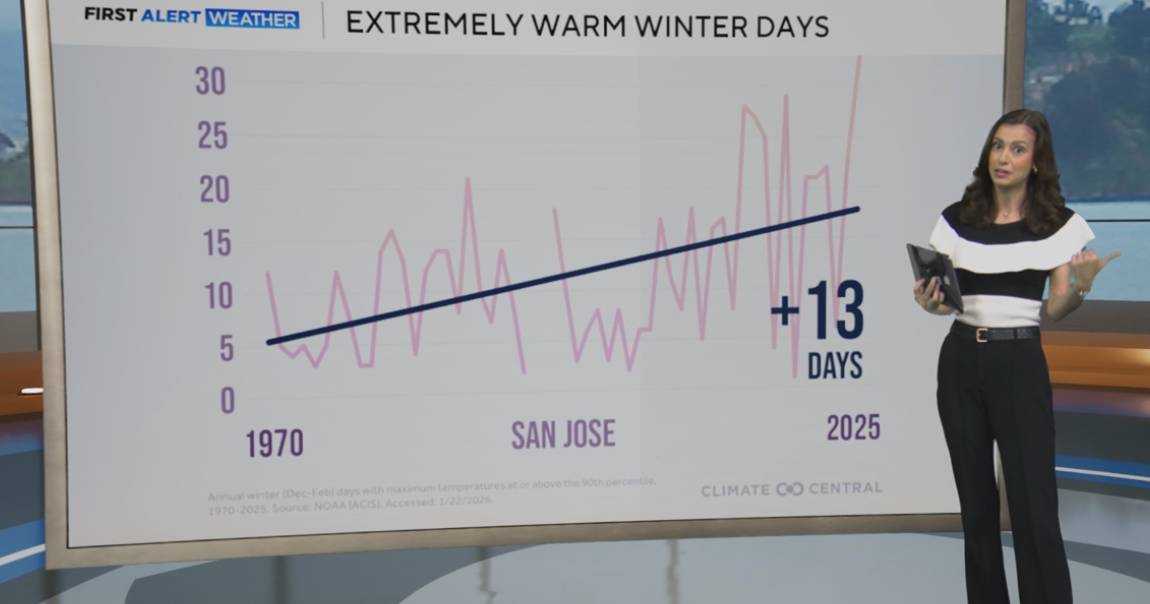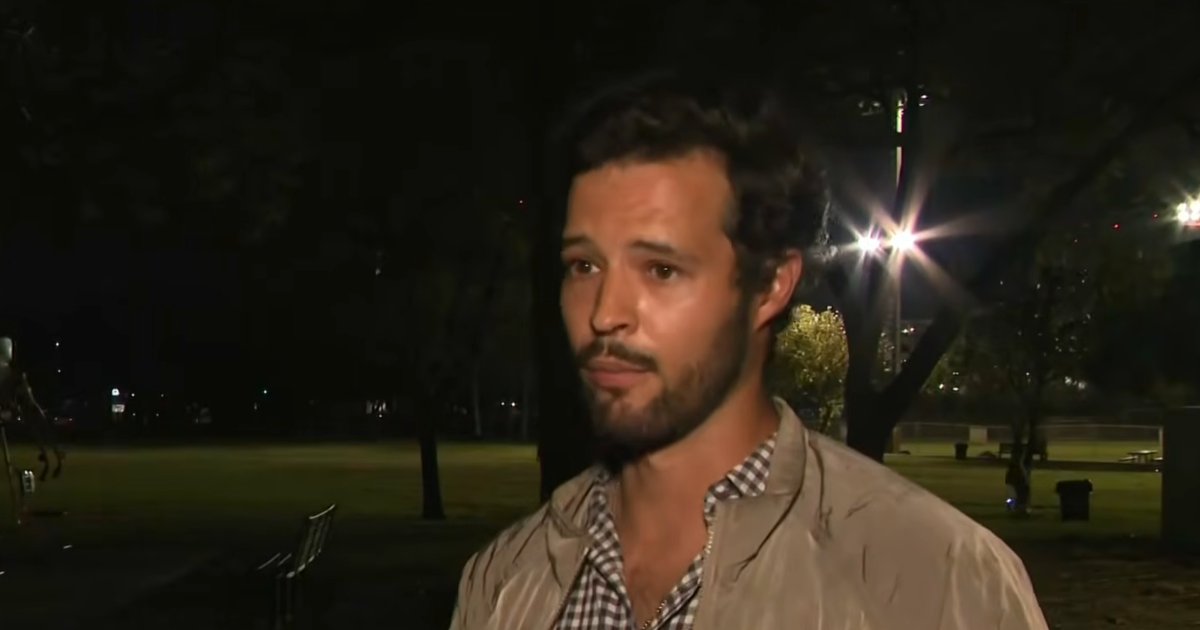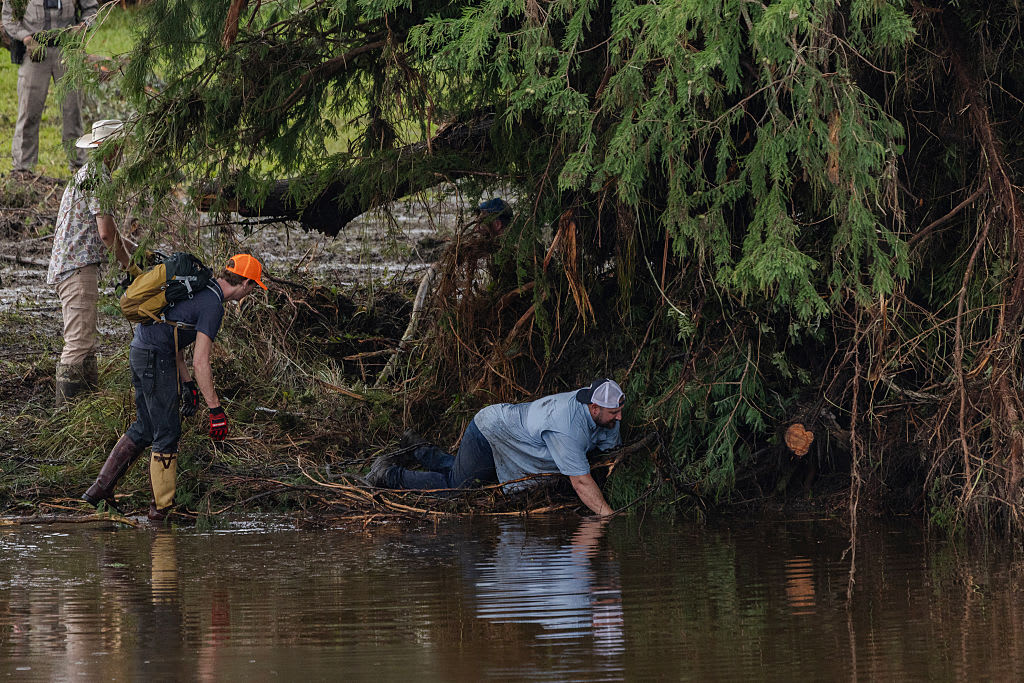Doctors in states with rising COVID-19 cases share their fears: "Is this the tipping point?"
Some hospitals in states where coronavirus cases are surging are running out of beds. Doctors and nurses, who watched COVID-19 hit New York City hard, are concerned about what's next for their communities.
Five front-line medical workers from Texas, Florida, Alabama and California, spoke to CBS News senior medical correspondent Dr. Tara Narula about their fears and the importance of wearing masks.
Here's what they had to say.
Dr. Theresa Tran; Houston, Texas
"I remember really distinctly when the outbreak happened in New York City, we were all in our ERs down here in Texas," Tran said. "We started preparing, we started gathering PPE, and we were waiting for a front that we felt would come. And then wham, it hit with — after Memorial Day."
"You start to become a little more concerned and anxious every single day. When you have a little bit of ... 'I can't find a bed for my ICU patient' or 'I can't find a bed for a patient who's admitted,'" she said. "That's when you start to feel a little bit of the pressure and the anxiety that oh man, is this the tipping point?"
On not wearing masks or taking the virus seriously, Tran said, "People that you know are thinking that masks don't matter and that coronavirus isn't real, or it's not as big of a problem as it is ... it kind of hurts actually."
"This is seeming a lot more like a marathon, and it certainly takes a toll on everybody who's involved," she said.
Vicki Canellas, ICU nurse manager; Pembroke Pines, Florida
"We're very stressed," Canellas said. "I've never seen surges like this. I've never seen this many this critical — this many patients this critical. I've never seen the nurses work so much overtime."
"It's very scary for all of us," she said. "But we have a passion, nurses have a passion to care for people, and I think that's just kicking into overdrive."
Adam Sahyouni, ICU nurse manager; San Antonio, Texas
"We started out a few weeks ago with around 130 patients and it's gone up to about 370, 380 patients in the last two weeks," Sahyouni said.
The hospital was prepared, though. "We had what I like to call a gift of time," he said.
Sahyouni said he wears a mask for 13 or 14 hours a day. "It's not that comfortable," he said. "It's much better than the alternative."
Dr. Tasha Feaster; Montgomery, Alabama
"You think maybe, OK, it'll start to trend downward. But then, you know, you get a new set of numbers the next day, and they're either steady or they're increasing," Feaster said.
"Normally I would get in the car after the shift, you know, radio loud, I'm happy to be off. Nowadays, I ride home a lot of times in silence, just processing the things that I've seen," she said. "I just pray that I continue to be able to do what I do and help as many people as possible."
Dr. Tom Sugarman; Antioch, California
"I think the real fear people have now is nobody wants to be in a situation where your resources are overwhelmed and, you know, there's things you could have done to help people and save their life or decrease their long-term complications," Sugarman said.
"We know how to mitigate and decrease the harm, and that's by wearing masks," he said. "It's really kind of like not running a red light. I mean, we don't run a red light, so we don't get in an accident, and so we don't create an accident for other people."



